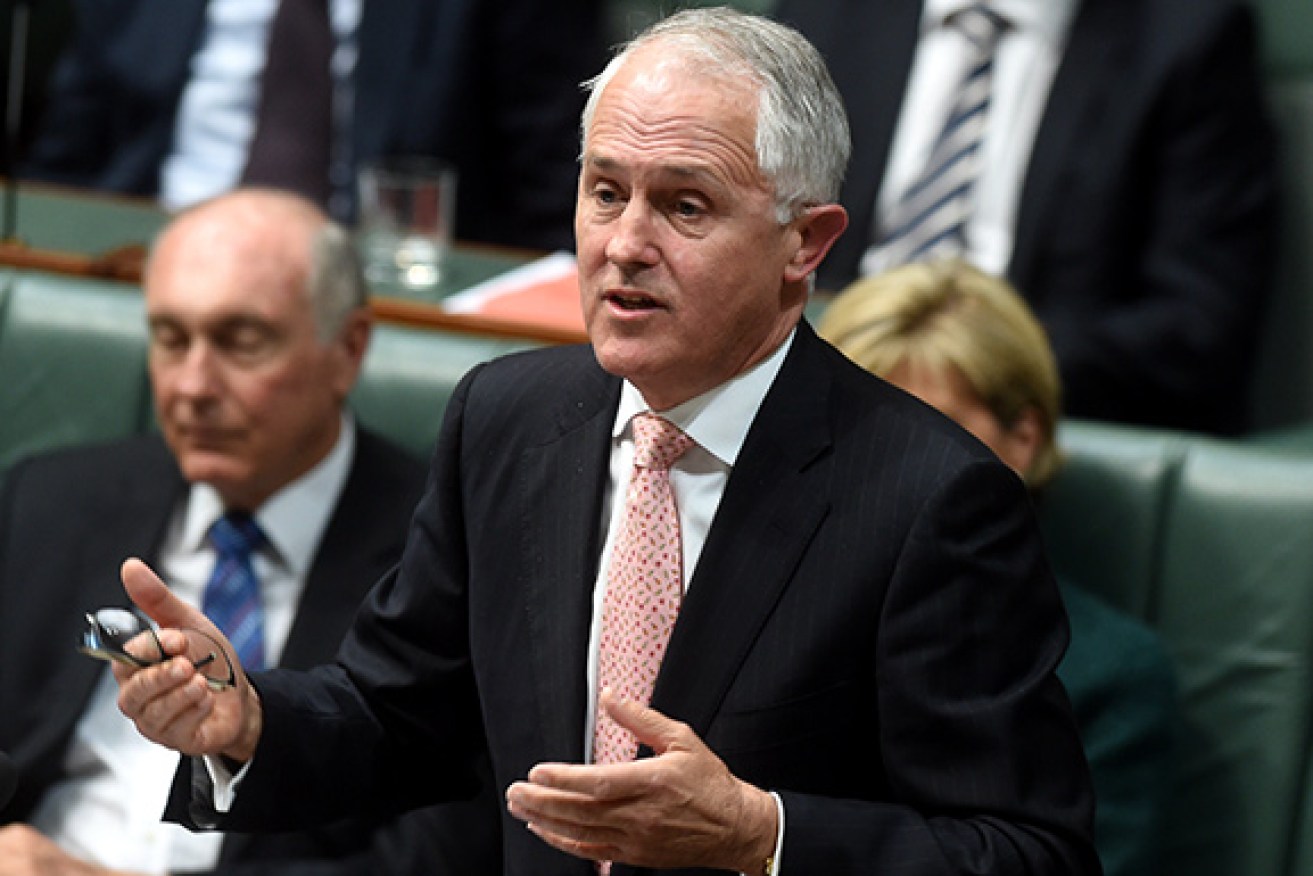Why Gough’s good works will live on after him

AAP
There’s nothing like an important death to unite parliament, and they don’t come bigger than Gough Whitlam’s.
There were times, during Tuesday’s condolence motion on Whitlam’s death, that you couldn’t have told whether the speaker was Labor, Liberal or National.
And you’d only rarely have guessed that Whitlam’s three years as prime minister were turbulent and highly divisive.
• Paul Bongiorno: Gough’s lessons to today’s politicians
• When Gough said ‘no’ to Rupert Murdoch
• Seven ways Whitlam changed Australia forever
Indeed the speeches – eight each from Labor and the government, plus a couple of crossbenchers – showed Shakespeare, usually a smart political observer, for once got it wrong with Marc Antony’s:
The evil that men do lives after them
The good is oft interred with their bones.
With Whitlam the good is being rightly trumpeted and the evil, in his case mistakes rather than real evil, just weren’t mentioned.
The very dodgy loans affair, that was the root cause of his government’s dismissal, was scarcely mentioned.
The only one to speak of it at any length was Bob Katter, who can be relied for an unexpected take on almost anything. And he was sorry Whitlam’s minerals and energy minister Rex Connor didn’t pull it off. No one else mentioned the name Connor.

Malcolm Turnbull celebrates the memory of Gough Whitlam. Photo: AAP
Nor did anyone mention the Whitlam government’s apparent acquiescence in Indonesia’s takeover of East Timor. Perhaps it couldn’t have done anything anyway, but it was hardly a glorious chapter.
It was almost all, for two-and-three-quarter hours, Gough the Giant – the warm, witty and courageous reformer first of the Labor Party and then of how Australia saw itself at home and in the wider world.
Most of this was true, if at times a little exaggerated. Almost everyone had been brought back from Vietnam before he came to power and while he had a big hand in Papua New Guinea’s independence, it was far from all his, or Labor’s, achievement.
As for ending the white Australia policy, as Malcolm Turnbull had the honesty to say: “Harold Holt will be turning in his watery grave.”
On the other hand, when dealing with a larger-than-life personality, which Whitlam undoubtedly was, exaggeration is excusable, especially from Labor members who were brought up as true Gough believers.
Indeed several, on both sides, said they remembered where they were when he was dismissed on Remembrance Day 1975.
Christopher Pyne was one who remembered. He was eight, watching Adventure Island on the television, his mother doing the ironing.
She started to cry, he said, “tears of joy”.
At last, a bit of differentiation.
—AAP








